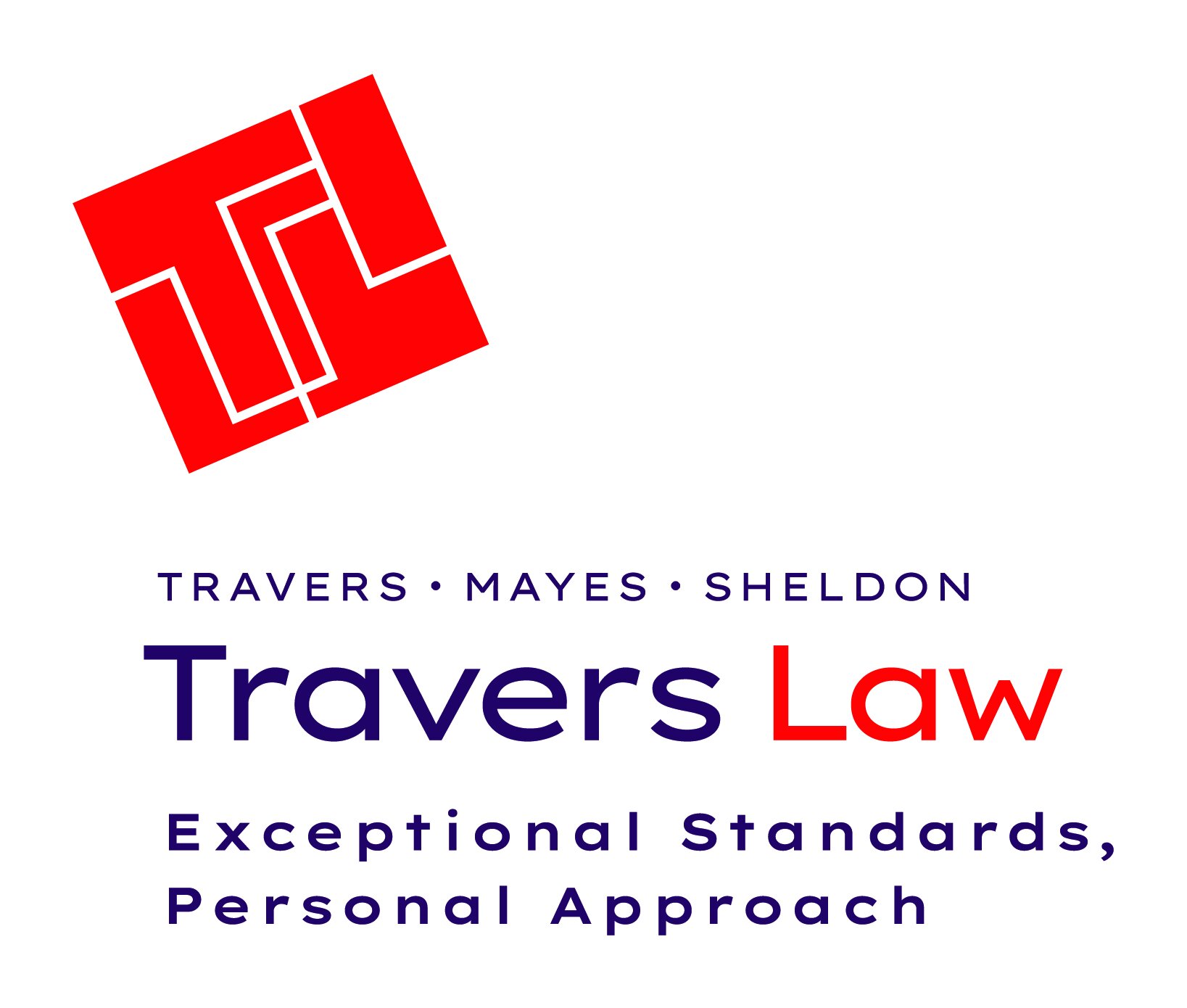ESTATES LAW + ESTATE PLANNING FAQS
1. What Is Probate
Probate (now referred to as Certificate of Appointment of Estate Trustee, with a will or without a will) is the Court process that gives the executor the authority to act on behalf of the deceased and to handle his/her affairs.
2. How Long Will Probate Take?
Once all the information is collected for the preparation of the Application for the Certificate of Appointment of Estate Trustee, signing for the Application can be done within 2 weeks. Once submitted to the court, we have found that the Certificate can be issued anywhere between a couple of weeks to a couple of months, depending on the courthouse in which the Application is submitted.
3. When Is Probate Required?
Generally, if an estate includes real estate or financial interests, then probate will be required. One common exception to this is when it is the first spouse to die. In this case, usually, real estate gets transferred by right of survivorship, and financial interests are joint and do not require probate.
4. How Long Does an Executor (Estate Trustee) Have to Administer the Estate?
It is typically agreed that the Executor has a year to administer the estate. This depends on many factors such as how complex the estate is, whether there are any objections or obstacles to overcome from family members who dispute the division of assets.
5. How Do I Probate If I Don’t Have a Will?
A Certificate of Appointment of Estate Trustee without a will is applied for through the court. Usually, the closest next of kin is the person to apply to be the Estate Trustee. The residue of the Estate (what is left after payment of funeral expenses, debts and taxes) is divided in accordance with Part II of Succession Law Reform Act and depends on whom the deceased is survived by:
Spouse only: the entire estate goes to the surviving spouse;
Spouse and one or more children: the spouse is entitled to receive a preferential share, the amount of which is prescribed by regulation and is presently $200,000, and the balance of the estate is divided between the spouse and child or children (exceptions do apply to this)
Children only (no spouse): the estate is divided between all the children
If no spouse or children: the estate will be paid to the deceased’s parents, siblings, nephews and nieces or next of kin, in that order




